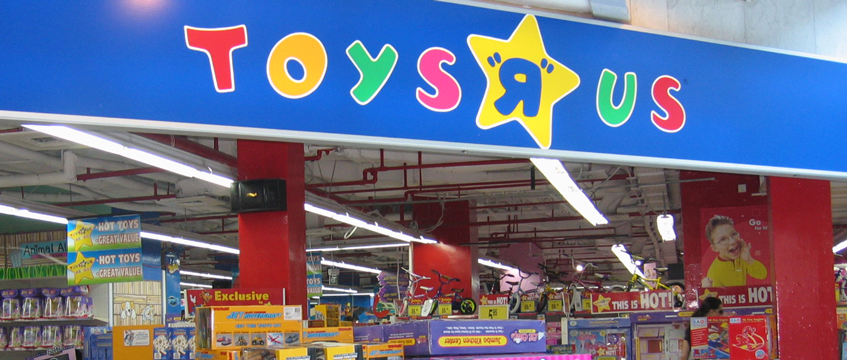COMMENT: In what follows I will consider two closely related issues. This is necessary because as much as an understanding of each will provide valuable foresight for what awaits UK commercial property, both remain the cause of much confusion, writes Savvas Savouri, chief economist and partner at Toscafund Asset Management.
One theme, or rather, uncertainty, is the degree to which the UK’s exit from the EU is likely to be amicable; the belief being that the less it is, the worse the UK domestic economy will perform, and so too will its real estate market.

The other is what the spate of restaurant and store closures is telling us about the state of the UK’s consumer-orientated economy, and by implication the future of retail-facing property.
I will begin by arguing that the breakthrough we have just seen in Brexit talks should never have been unexpected; that what we will eventually see is a seamless transition, and that a strengthening in the pound will come on the back of it.
It would not be unreasonable to claim that in the past 20 years the UK has become the target of the most extensive “Continental Corporate Colonialism” since 1066.
Consequently, no one need have doubted that senior European business leaders with “insurable interest” in the UK were wielding their influence – behind closed doors – to ensure that Brexit minimised the harm to their financial fortunes.
After all, UK-based businesses make a not insignificant contribution to the earnings of listed, private and state-owned businesses from Spain, Germany, France, Italy, Holland, Switzerland et al.
Indeed, just because we have not been hearing from those who control Santander, Sabadell, Renault, Telefonica, EON, Skanska, Ferrovial, EON, Iberdrola etc., we should not discount their voices being raised in determined (but discreet) conversations out of the public and journalistic gaze.
The reality after all is that this “capitalist class”, spread widely across the single market has considerable influence, proving as it does a generous benefactor to Europe’s “political class”.
I would go further and say that those running the significant number of Japanese and American corporates with “skin in the UK economy” will also be flexing their muscles on EU27 governments.
Such backchannel lobbying is certain to have been happening and will only intensify as we approach the denouement of the Brexit negotiations.
If I am correct and we finally do get an essentially good or seamless Brexit, there will be no disruption to the UK economy, and the pound will rally against the euro, helping to ease pressures for anything other than the most gentle monetary tightening.
I mentioned earlier how the UK’s recent past had seen it become the target of the most extensive “Continental Corporate Colonialism” since the Norman Conquest. It continues to this day.
Most recently, French shopping centre giant Klépierre made a £5bn unsolicited bid to buy Hammerson. In doing so it was trying to subvert the equally unsolicited bid which intu had made to create the UK’s largest shopping centre operator.
This was yet further evidence of EU27 corporates showing not only a keenness towards the UK economy, but doing so in the midst of Brexit negotiations we were told were becoming insoluble.
Indeed, the Klépierre “intervention” came not long after another French real-estate giant, Unibail-Rodamco made a bid to link up with Westfield, part of whose most prized assets are UK shopping centres.
When we talk of actions speaking louder than words, there is action enough here telling us that French corporate managements are taking a rather sanguine view of not only how the UK economy will perform in the wake of Brexit, but the outlook for the UK consumer.
This brings me to the second theme: what the spate of restaurant and retail closures really tells us about the state of the aforementioned consumer.

Rather than view the latest misfortunes of Prezzo, Toys R US etc. as somehow symptomatic of challenges with the UK consumer, I would instead cite them as reflections of changes in household behaviour.
Long gone are days of traipsing up and down high streets in mundane “linear shopping” when we can have staple deliveries made to our homes.
And on its way out too is the notion that fast food delivered to our homes is limited in its scope and far from restaurant quality.
Of course, we are still going out, but when we do we desire, indeed demand, to be protected from the elements in an environment where shopping can be treated as an exercise in leisure and pleasure.
The signals which the managements of Unibail and Klépierre have sent us should be plain to see; they are confident the UK economy will exit the EU well and that the UK consumer is worth investing in. These actions should reveal the “words” for what they are.











